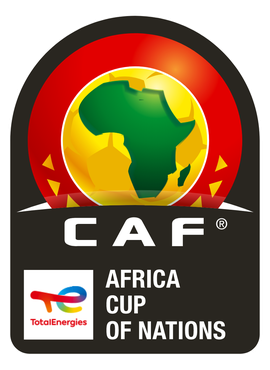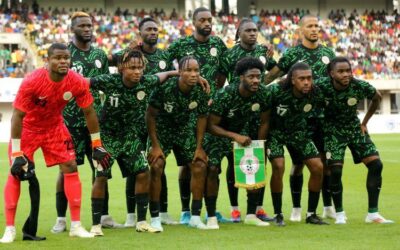The Super Eagles of Nigeria, fresh off a successful qualifying run, landed at Libya’s Al Abraq International Airport, expecting a smooth journey to Benghazi. Instead, what greeted them was chaos. Their flight was suddenly redirected, leaving the team stranded on a small, unfamiliar airstrip typically used for Hajj pilgrims.
Hours passed—12 hours, to be exact—while the Nigerian players and officials were left to wait. With no food, water, or access to communication, the frustration mounted. Struggling to even contact their families, let alone coordinate a match, the delegation’s spirits sank. Exhaustion crept in, and safety concerns loomed as they were stuck far from their planned accommodations.
The Nigerian Football Federation (NFF) issued a stern statement outlining the unacceptable treatment their team had received. Exhausted and unwilling to risk further mismanagement, the Super Eagles made a bold decision: they would not play the match. The NFF officially withdrew from the AFCON qualifier and swiftly arranged for the team’s return to Nigeria.
In the aftermath, CAF announced an investigation into the debacle, requesting documentation from both the NFF and Libya’s Football Federation. However, controversies like these have been haunting African football far too often, leaving teams stranded, matches cancelled, and reputations tarnished.
To prevent such disasters, CAF must take decisive action:
1. Clear communication of match protocols: Teams should receive detailed logistical plans well in advance. This includes transport, accommodation, and hospitality, all of which should be centrally managed to avoid last-minute chaos.
2. Standardized penalties for non-compliance: CAF must enforce stricter penalties for breaches, ensuring that teams who disrupt schedules or fail to meet standards face swift and appropriate consequences, including financial compensation for the affected parties.
3. Dedicated conflict resolution committee: A specialized task force could help resolve disputes quickly, mediating conflicts between federations before they spiral into larger problems.
4. Improved match hosting standards: Mandating higher standards for match venues would ensure visiting teams receive the security and comfort they need, while CAF-appointed liaisons could help manage local logistics more efficiently.
5. Enhanced transparency and accountability: By publicly disclosing its decisions and holding all involved parties accountable, CAF can foster trust and ensure that issues are addressed fairly and openly.
Through better communication, stricter standards, and swift conflict resolution, CAF can work to ensure that the Nigeria-Libya disaster is a lesson, not a precedent, for African football.
Avoiding Future Nigeria-Libya Football Disasters: A Lesson for CAF
Written by Emmanuel Atanga
I am an ardent sports fan who is so passionate about the world of sports.
I love to share my passion for sports with fellow minded people like you.
Please join me on this sports journey as i delve into all the action that gives us so much joy.





0 Comments